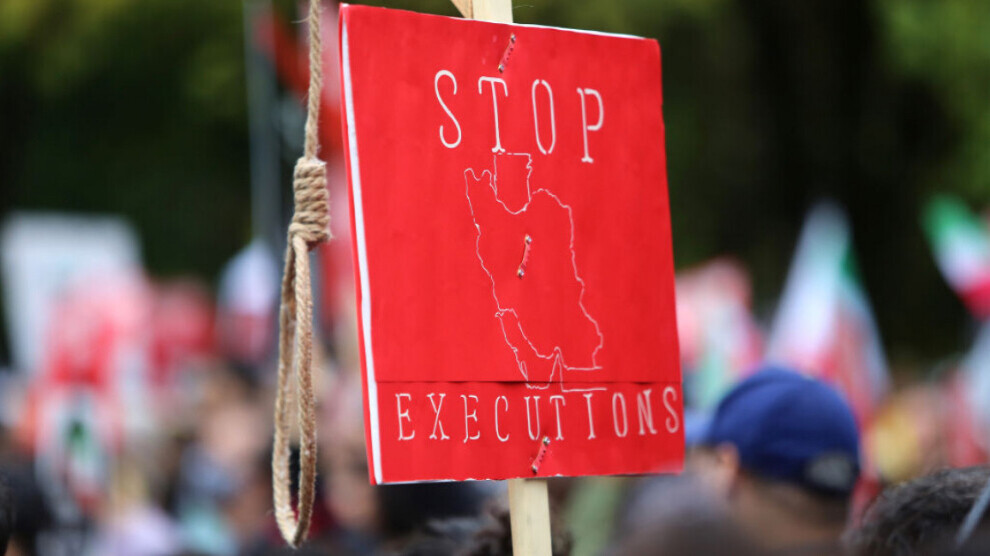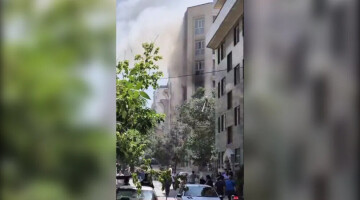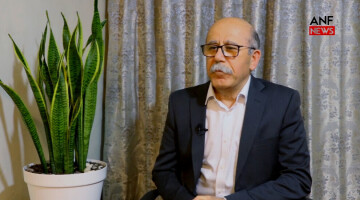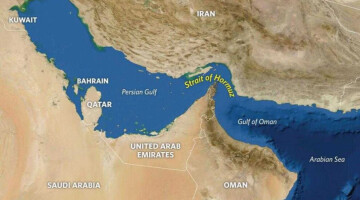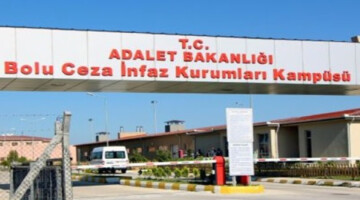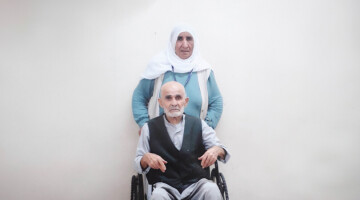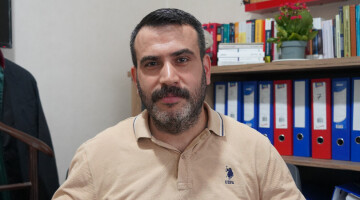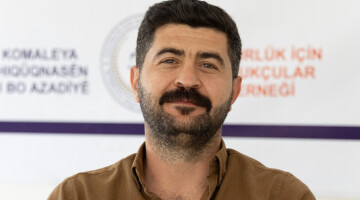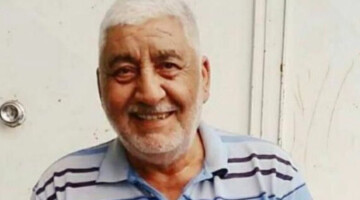At least 93 individuals were executed in August, twice as many as the 45 executions reported in July, based on information received by the experts. The reported number of executions this year has risen to above 400 individuals, among them 15 women.
“We are deeply concerned by this sharp rise in executions. According to information received, of the 81 executions in August, only a fraction is officially reported by the Islamic Republic of Iran, highlighting the urgent need for transparency,” they said.
Nearly half (41) the executions were carried out for drug offences. The International Covenant on Civil and Political Rights (ICCPR), to which Iran is a party, restricts the application of the death penalty to ‘most serious crimes’, understood as intentional killing.
“Executions for drug offences violate international standards,” the experts said.
“Countries that retain the death penalty must ensure that individuals are not subjected to torture or to cruel, inhuman or degrading treatment or punishment throughout the criminal justice process,” the experts said. “Their right to fair trial and equality before the law and the courts must be respected in all criminal proceedings.”
Reza (Gholamreza) Rasaei, a Kurdish protester of the Yarsani faith, was executed on 6 August at Dizel Abad prison. Based on confession reportedly obtained through torture, Rasaei was sentenced to death for murdering an Islamic Revolution Guards Corps member while at a ceremony for a Yarsani leader and musician, holding “Woman, Life, Freedom” signs. The Supreme Court confirmed his death sentence despite co-defendants retracting their testimonies about Rasaei’s involvement in the murder, and despite a forensic medical examiner providing testimony challenging Rasaei’s involvement in the murder.
“Reports of serious violations of fair trial and due process rights mean that the death penalty as it is currently practiced in the Islamic Republic of Iran amounts to unlawful execution,” they said.
The experts said they were aware of the following individuals, amongst probably a number of others, baselessly sentenced to death for security offences, about whom communications have been sent to the Islamic Republic of Iran during 2023-2024, including two women - Sharifeh Mohammadi and Pakhshan Azizi, and four men - Mahmoud Mehrabi, Abbas Deris, Ahmadreza Jalali, and Jamshid Sharmahd.
“Wrongful executions are irreversible. The current implementation of the death penalty in the Islamic Republic of Iran leaves us extremely concerned that innocent individuals may have been executed,” the experts said.
“We renew our appeal to Iranian authorities to halt executions of all individuals sentenced to death,” they said.

